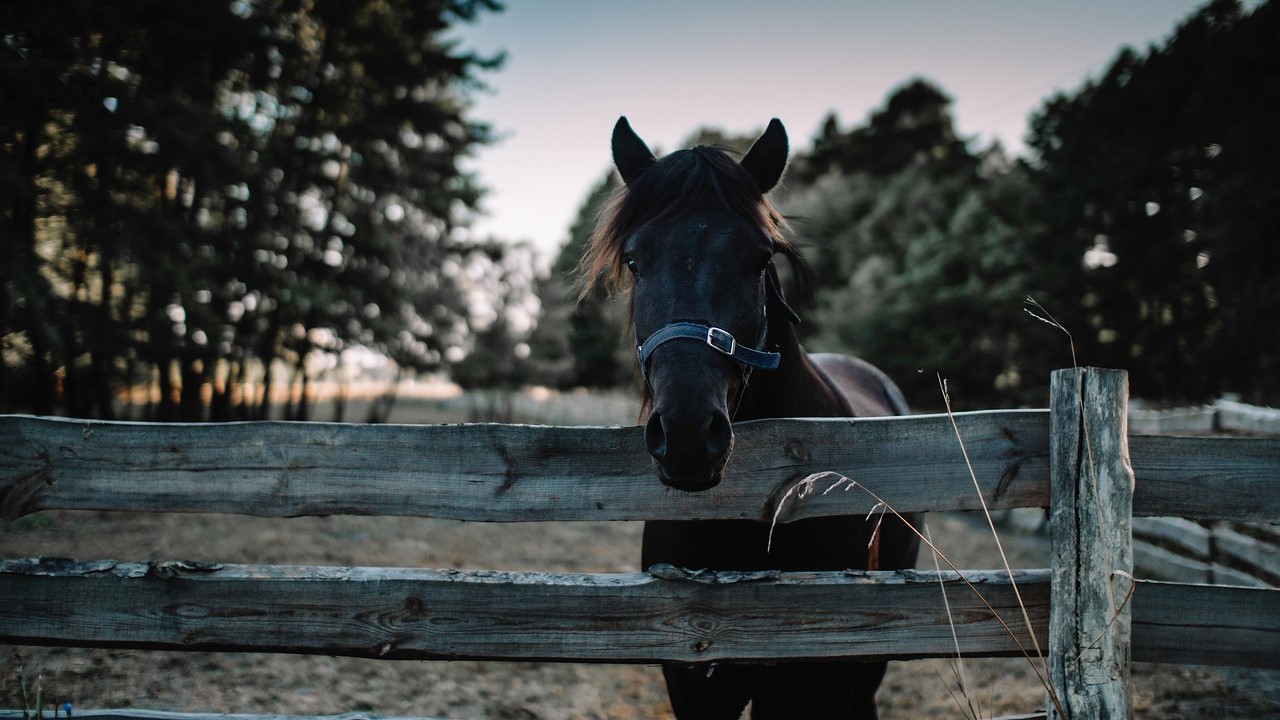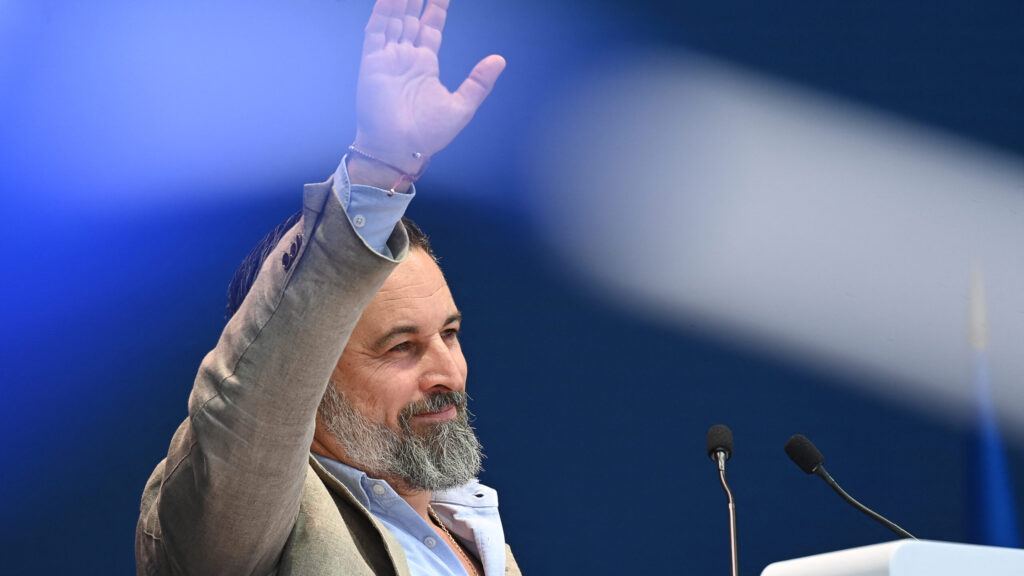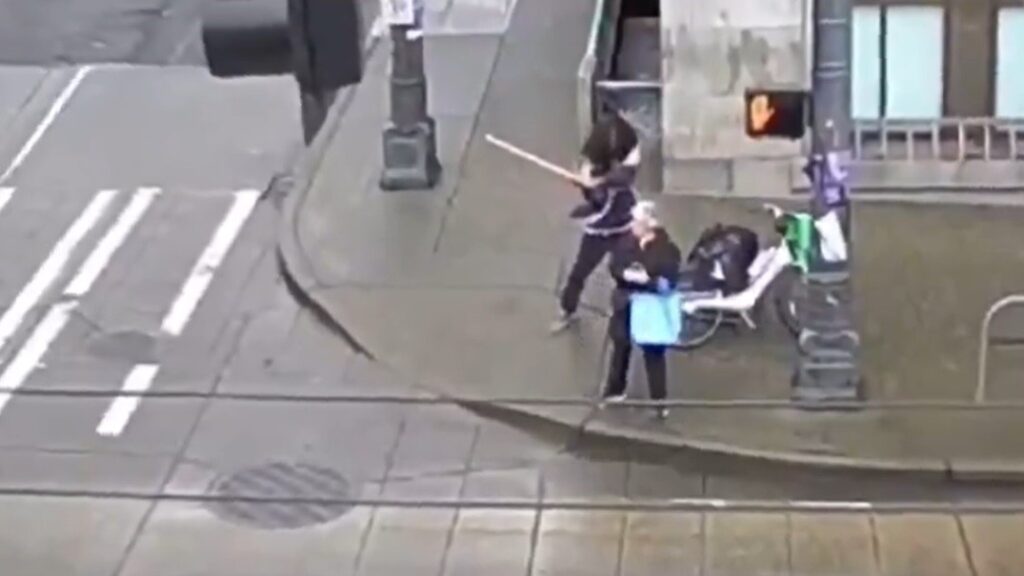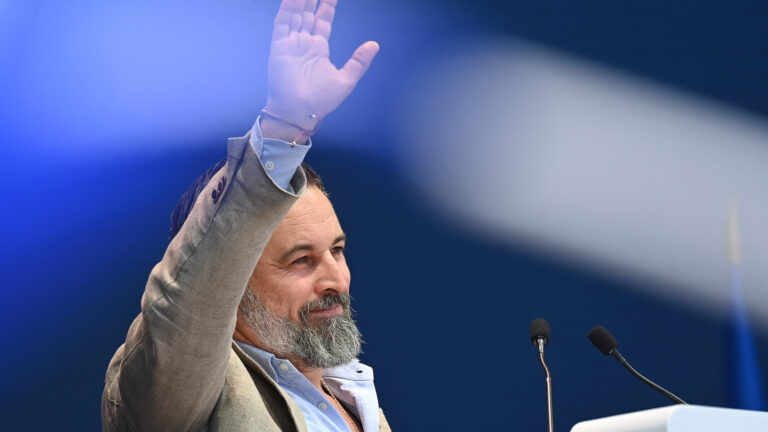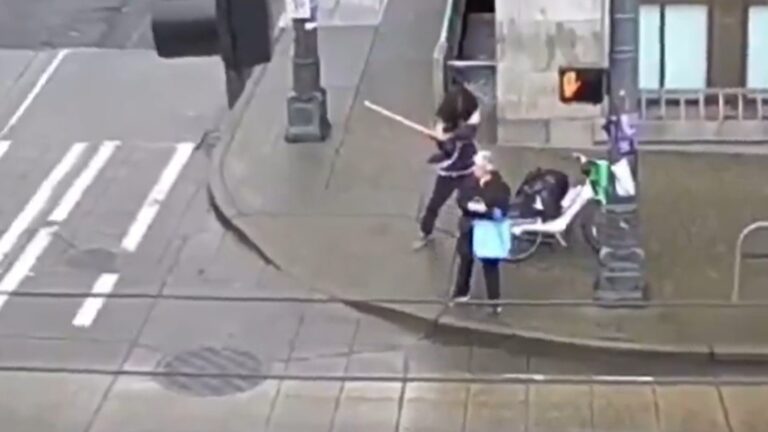Hungarian horses are particularly appreciated by French afficionados.
For racing, the modern Hungarian Sport Horse breed, created in 1960 in the national stud farm of Mezőhegyes District, Békés County, with the aim of having a good show jumping and dressage horse, is known throughout France as a growing breed with excellent results in international competitions.
For herding, the Nonius, named after a historical horse captured at the Rosières-aux-Salines stud farm by Hungarian troops during the French campaign in 1814, won the honorary title of ‘ideal horse’ at the 1900 Paris World Fair and has never betrayed its reputation as a cooperative and enduring horse since.
No expert worth his salt anywhere in the country is ignorant of the oft-endangered Gidrán, or of the Hungarian origins of the Bavarian Leutstettener, or of the draft-horse-turned-racer Furioso-North Star breed.
This French appreciation for Hungarian horses explains why a dozen major and specialized French outlets echoed far and wide the 28 January 2025 communiqué by the French national police force announcing that it had dismantled an international horse trafficking operation whose abuses took place mainly between France and Hungary.
Since 2021 several hundred horses had been illegally imported by the manager of a stud farm in Eure department, Normandy.
It was around May 2022 that the French Institute for Horses and Riding (IFCE) alerted the National Brigade for Veterinary and Phytosanitary Investigations (BNEVP), informing them that an international horse sales traffic was taking place between Hungary and France.
Cheval Magazine quotes Commander of the Rouen Research Section Colonel Kerleau as explaining that ‘the IFCE detected anomalies because these horses that came from Hungary were not included in the Hungarian national databases’, which are available internationally in order to ensure the traceability of equines in Europe.
At the end of 2022 the BNEVP carried out several checks, which allowed it to collect evidence confirming the existence of the traffic and to inform the departmental seat’s judicial court in the city of Évreux.
On 3 March 2023 the public prosecutor’s office of the Évreux Judicial Court opened a preliminary investigation into the charge of organized fraud. The Rouen Research Section was put in charge of the case, jointly with the Central Office for Combating Environmental and Public Health Attacks and the BNEVP.
International police cooperation was also initiated under the aegis of Europol and Eurojust, leading the French and Hungarian services to work together in investigating this traffic, gathering proof on it and apprehending those who were behind it.
The farm manager had imported animals from Hungary whose origins were falsified via a company specializing in horse transport. The manager then resold the horses at an inflated price, mainly to equestrian centres located in the Normandy region, but also throughout the country. This illegal activity brought in illicit profits of almost €1 000 000 to the traffickers.
‘These horses were imported in disregard of health regulations and could potentially be carriers of diseases that could have started an epizootic’
Colonel Kerleau related that the behaviour of the transport company was also especially condemnable: ‘it did not respect the health regulations. So even in the case of a transporter who is not aware that the identification documents are falsified, the professional is at fault.’ He further added that this non-compliance with health regulations could have had serious consequences for the French equine industry, explaining: ‘these horses were imported in disregard of health regulations and could potentially be carriers of diseases that could have started an epizootic.’
The manager’s sellers and his two accomplices were also identified. Colonel Kerleau described the latter as ‘entrepreneurs in the equine sector’, further explaining that ‘they acted either as freight forwarders, as intermediaries between the stud farm manager and buyers, or as sellers, buying the horses themselves in order to resell them.’
The manager and his two accomplices were arrested during a judicial operation launched on 25 September 2024. Searches were then carried out at the individuals’ homes, as well as at the headquarters of the horse transport company, leading to the seizure of numerous falsified documents.
During his police custody, the manager admitted to importing 150 to 200 equines per year since 2021, which came for the most part from Hungary, but also from Belgium, Spain, and Portugal. The last Hungarian order dated back to February 2024.
By decision of the Évreux public prosecutor’s office, the accused were released while the documentation that had been seized was being processed. Its analysis confirmed falsifications constituting fraud, and on 21 January 2025, the accused were again placed in police custody. They were summoned to appear before the Évreux Judicial Court on 25 March 2025. In the meantime the main instigators of the traffic were placed under judicial supervision. €400 000 of criminal assets were also seized by the gendarmes.
Efficient cooperation in taking down international crime is essential to the cohesion of EU Member States. This incident illustrates how the free movement of capital, goods, labour and services can be abused for nefarious purposes—and the results expected of all national police forces in countering the criminals whose misdeeds not only cause economic harm and harm to innocent animals, but also undermine trust in the European Single Market, which is one of the principal reasons for being of the European Union.
Related articles:

